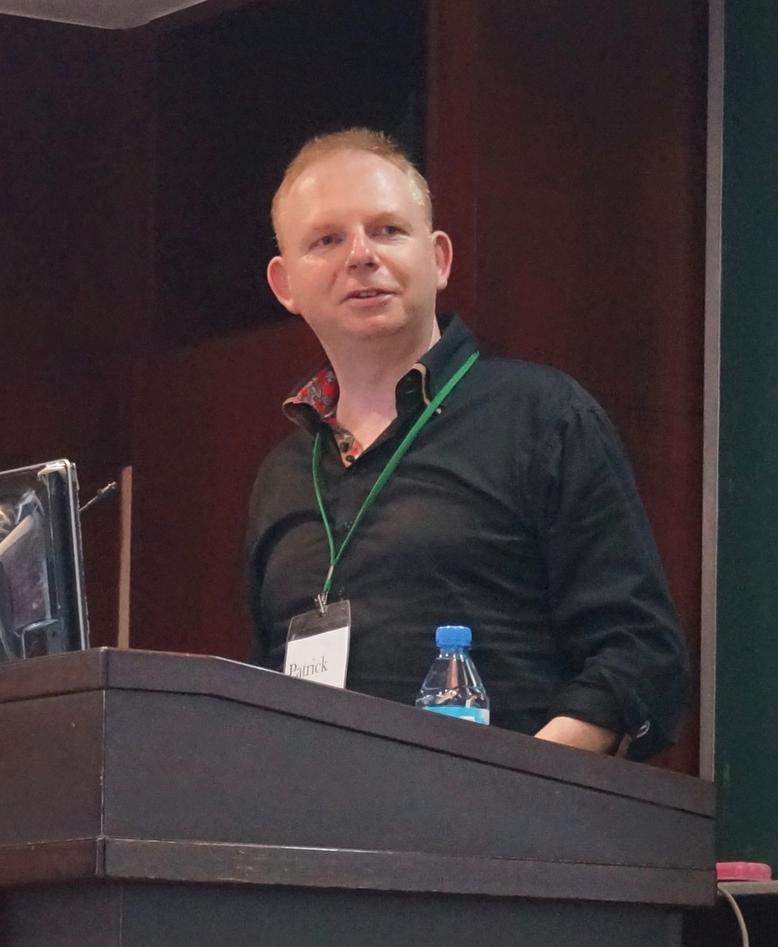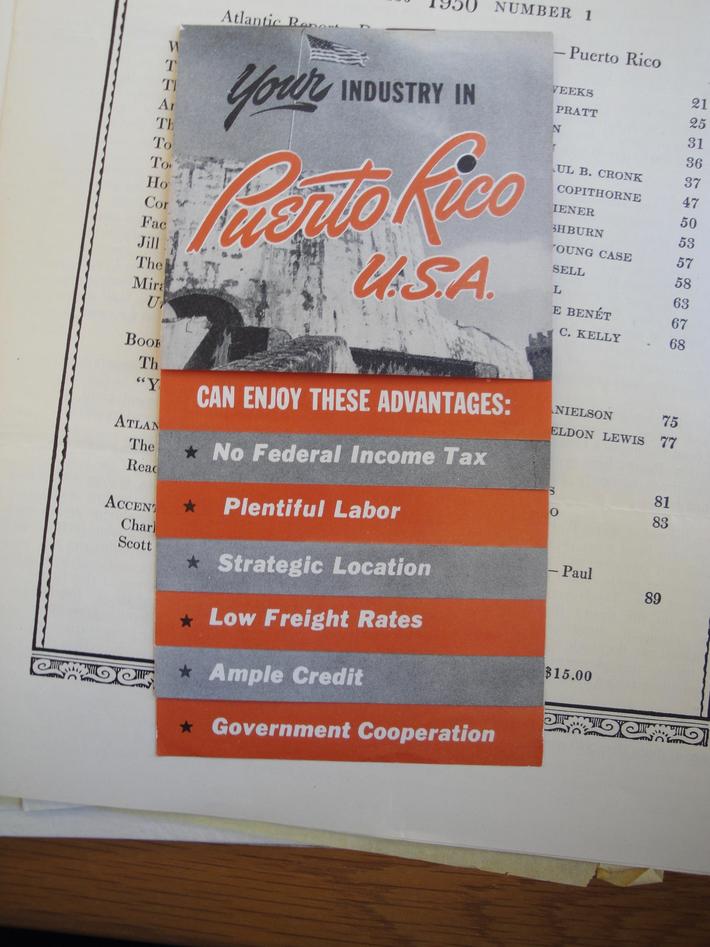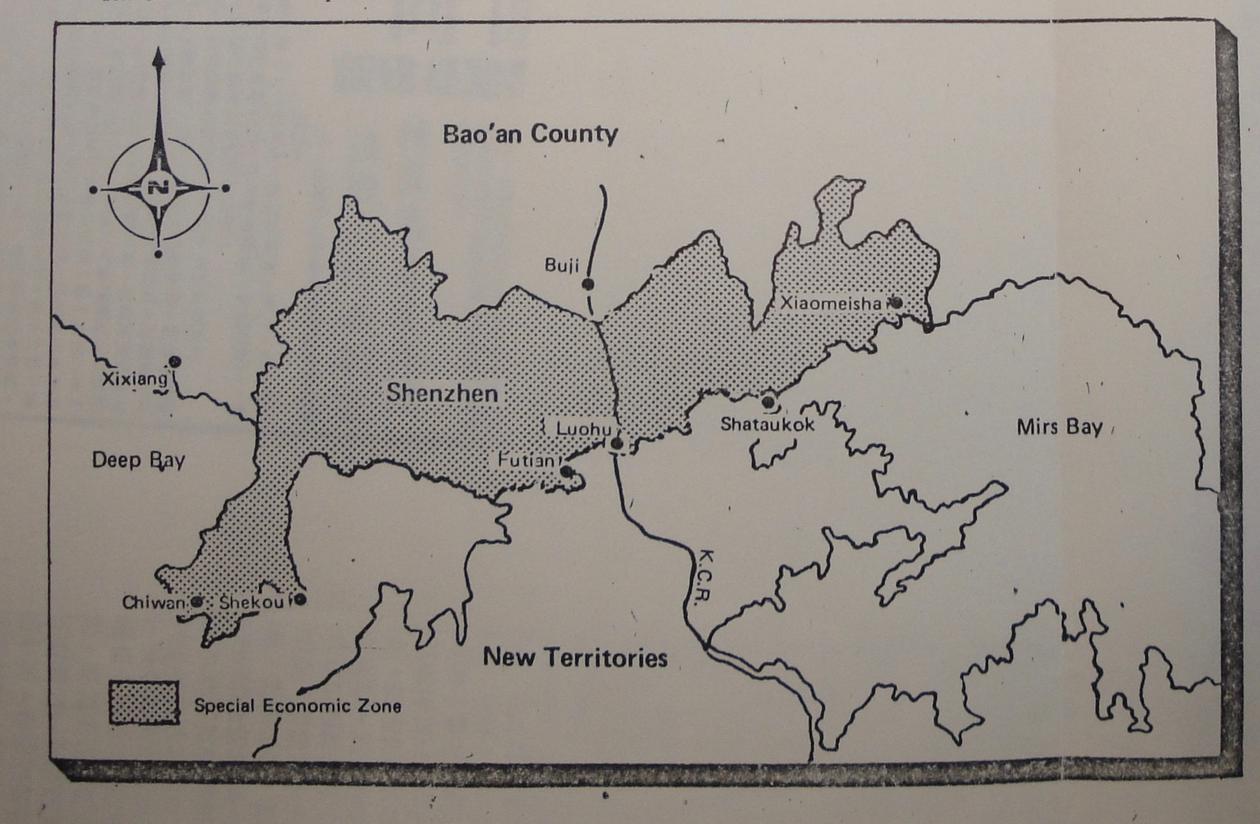Patrick Neveling
Main content
The Otherwise Neoliberal: Special Economic Zones and the Birth of Global Neoliberal Practices, 1947-2008
Special economic zones have been central to neoliberal programs for economic development for several decades now, with currently more than 4,000 zones employing around 100 million workers across more than 130 nations. Based on nearly a decade of archival and ethnographic research in around twenty nations, this project will offer a pioneering historical analysis of the emergence and global spread of the neoliberal practices that are today identified as special economic zones.
The monograph emerging from this project reconstructs how the zone concept emerged as a set of policies around 1947, when the Puerto Rican local government with the support of a US marketing corporation and the US treasury shifted from New Deal import-substitution policies towards export-oriented industrialisation policies. Those policies were backed by tax and customs holidays for foreign investors, significant state investment in infrastructures and industrial estates, the establishment of a semi-private industrial development corporation, a planning board, and a Puerto Rican development bank. As this package of institutions and policies proved immensely successful in the short term, it soon spread across the Caribbean and went global across the Third World with the backing of US development policies under Truman’s Point Four Programme and Kennedy’s Alliance for Progress. The monograph charts further and in detail the mechanisms through which the special economic zones concept entered the development policies of the crumbling British Empire in the 1950s, how the World Bank and the International Monetary Fund picked up zone policies since the 1960s and made them central to structural adjustment policies since the 1970s, and how special economic zones were inserted into the development agenda of the new international economic order via the United Nations Industrial Development Organisation, which facilitated the emergence of special economic zones in the PR China in the late 1970s and across the declining socialist bloc in the 1980s. As the historical narrative unfolds, the monograph also suggests that special economic zones have been to nascent neoliberalism after 1945 what plantations were to the making of capitalist industries in the 1700s; a rapidly spreading globalizing complex of laboratories where new relations between capital, state, and labour could be tried out, which gave birth to particular sets of gendered exploitation, heroic foreign investors bringing the gift of employment and foreign exchange, nation-states potlatching with investment incentives over locational advantages, and where resistance was increasingly futile as capital was always a step ahead.
Patrick Neveling is a Researcher in the Frontlines of Value project at the Department of Social Anthropology, University of Bergen. He works in social anthropology, global history, and development studies and is foremost interested in developing a new global historical anthropology of capitalism. Patrick has published widely on special economic zones, colonial and postcolonial development, neoliberalism, global class formations, the invention of tradition, tourism, and other themes. Some of his publications are available open access here: https://uib.academia.edu/PatrickNeveling


